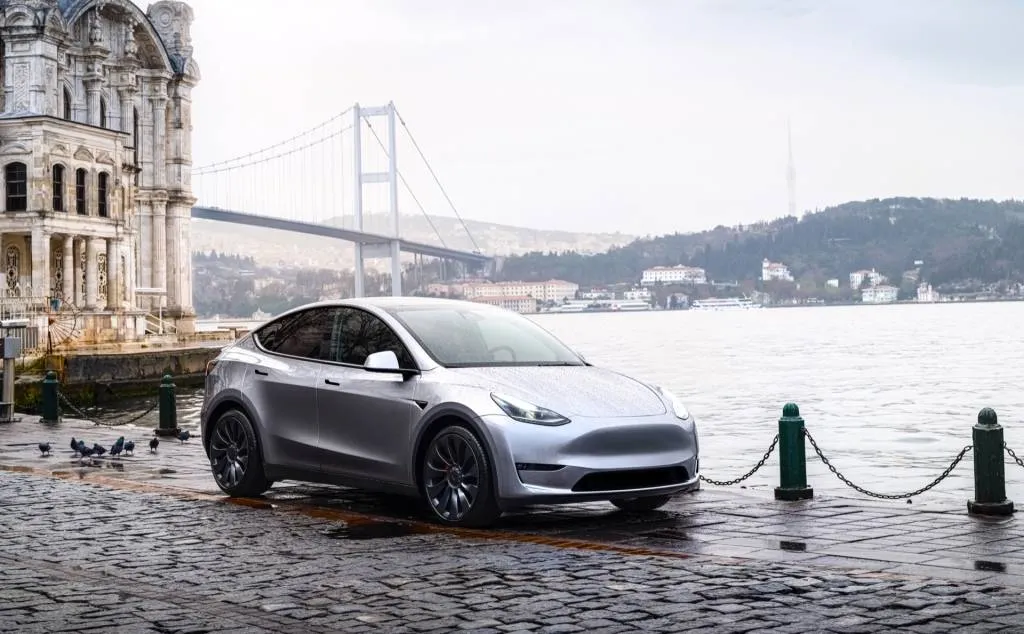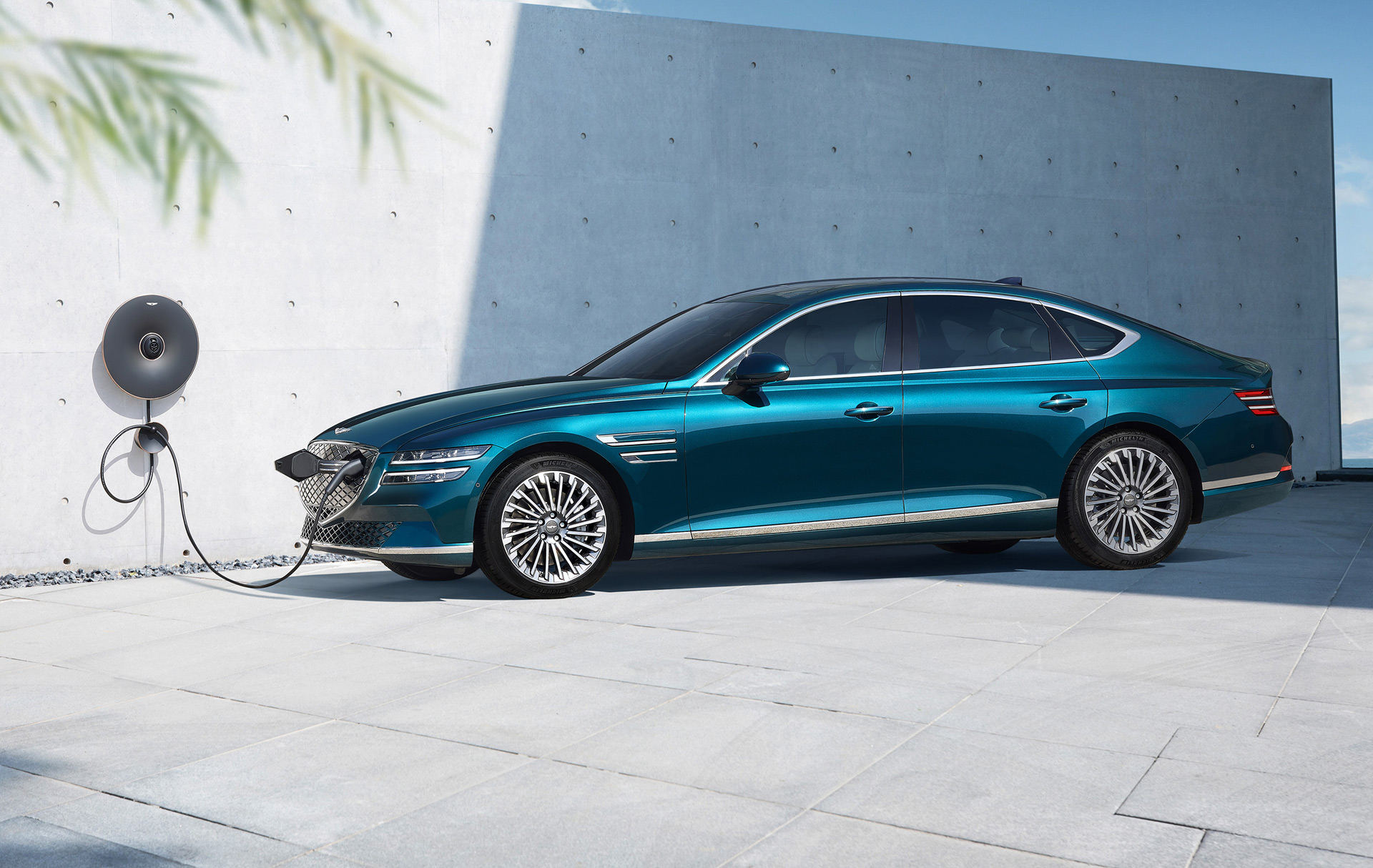Several EVs earned high marks from the Insurance Institute for Highway Safety (IIHS) for 2024, the organization revealed this week.
The IIHS toughened requirements to earn its highest Top Safety Pick+ and second-tier Top Safety Pick awards for 2024, but 71 models still qualified for at least one of the awards (with 22 earning the Top Safety Pick+ award), compared to 65 models for 2023, which also saw changes aimed at making award criteria tougher.
Among EVs, only the Genesis Electrified G80 and Tesla Model Y earned the Top Safety Pick+ award, but a handful of models earned the lower Top Safety Pick award. That list includes: the Audi Q4 E-Tron and Q8 E-Tron, Genesis Electrified GV70, Hyundai Ioniq 5, Lexus RZ, Nissan Ariya, Rivian R1T and R1S, and Subaru Solterra.

2024 Tesla Model Y. – Courtesy of Tesla, Inc.
The IIHS introduced a tougher side crash test for 2023, using a heavier barrier traveling at a higher speed when impacting a car. An « Acceptable » or « Good » score was sufficient to earn a Top Safety Pick award last year, but for 2024 only the top « Good » score qualifies vehicles for an award.
Vehicles also needed an « Acceptable » or « Good » rating in the updated pedestrian front-crash prevention test for 2024. This test combines daytime and nighttime scenarios, which were previously scored separately.
The IIHS also introduced an updated moderate front overlap test for 2024, which adds a second crash test dummy behind the driver and looks closer at rear seat safety. An « Acceptable » or « Good » score on this test was needed for the Top Safety Pick+ award, while a « Good » rating on the old test was needed for a Top Safety Pick award.
As before, vehicles also needed a « Good » score in the IIHS’ small overlap front crash tests and « Good » or « Acceptable » headlights on all trim levels to earn either award.
There’s been a lot of talk about EV safety, although not necessarily related to crash performance. The IIHS warned last year that fires aren’t an EV safety concern, but weight is. That was backed up by a recent study, which found that EVs may be too heavy for U.S. highway guardrails.
Meanwhile, the CEO of Stellantis recently argued that quicker acceleration is an EV safety asset—although that’s debatable. Don’t expect the IIHS to incorporate that into its safety evaluations.

